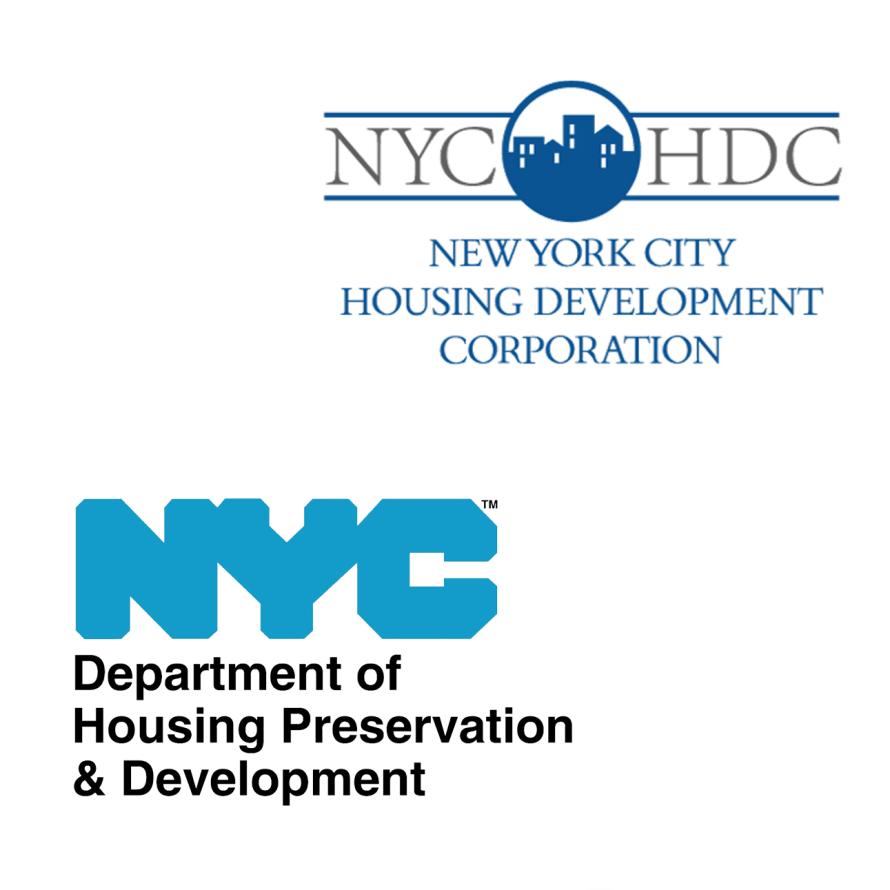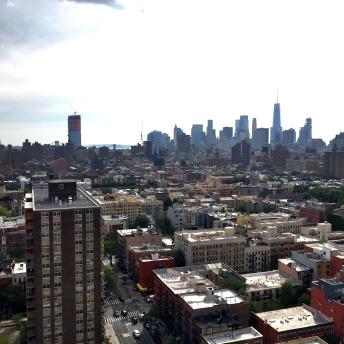Across the nation, a growing number of cities face a dire affordable housing crisis. Here in New York City, over half of our renters are rent-burdened and housing costs remain the primary factor driving New Yorkers out of the city. At the same time, a record number of individuals and families are residing in the city’s shelter system.
The solution to this crisis is basic math: to meet the demand, we must build more housing. In particular, we must build more affordable housing for all types of households—including first responders, teachers, the formerly homeless, older New Yorkers, people in need of supportive housing, and more.
At the local level, New York City Mayor Eric Adams has stepped up efforts to expand our city’s housing supply, including an unprecedented commitment of $24 billion for affordable housing coupled with a bold proposal for comprehensive zoning reform, called the ‘City of Yes,’ that would eliminate barriers to development and help meet the housing needs of New Yorkers.
Local efforts, however, are not enough. As the leaders of two city agencies focused on financing the new construction and preservation of affordable housing in New York City, we’ve seen first-hand how new economic challenges have driven up development costs dramatically. The price of building materials alone increased nearly 30 percent between 2020 and 2022, according to the National Association of Home Builders. And recent spikes in insurance premiums and interest rates have driven costs even higher.
These stark realities have further constrained the limited resources available to expand the supply of affordable housing, and further highlight the need for our partners across government to step up their commitments to affordable housing as well.
Right now, Congress has an incredible opportunity to unlock more federal resources for the development of affordable housing by passing the tax package recently approved by the House Ways & Means Committee. Included in that package are two critical provisions that would dramatically improve the Low Income Housing Tax Credit (LIHTC) program—lowering the Tax-Exempt Private Activity Bond threshold and restoring an increased allocation of the 9 percent Housing Credits.
LIHTC is considered the country’s primary tool for financing the development of affordable housing. Since the program’s creation in the 1980s, LIHTC has financed over 3.7 million homes nationwide. If Congress enacts the tax package with these two provisions included, it could unlock nearly $1.4 billion in additional LIHTC equity in New York City and billions more nationwide to help finance critically-needed affordable housing.
As currently proposed, the tax package would temporarily restore an expired 12.5 percent increase in the amount of credits available to us through the LIHTC program, as well as lower the program’s bond financing threshold from 50 percent to 30 percent, which would allow us to distribute our limited resource of Private Activity Bonds more effectively. Combined, these two reforms could provide the resources to build an additional 4,400 affordable homes in New York City, while nationally, Novogradac estimates they could produce over 200,000.
There are so many issues that divide our nation, but one thing both Democrats and Republicans clearly understand and agree on is the urgent need for more housing, which is why reforms like these changes have received strong, bipartisan support in the past. We’re grateful that our congressional leaders have fought to include both of these important provisions in this tax package, and now it’s time to get it across the finish line.
With so many people in need of housing, we simply cannot afford to miss this opportunity to expand our supply of affordable homes. While we work diligently to expand our affordable housing stock, we need Congress to enact this tax package immediately to help us house more families, both here in New York City and around our country.
Adolfo Carrión Jr. Is the commissioner of the New York City Department of Housing Preservation and Development. Eric Enderlin is the president of the New York City Housing Development Corporation.

